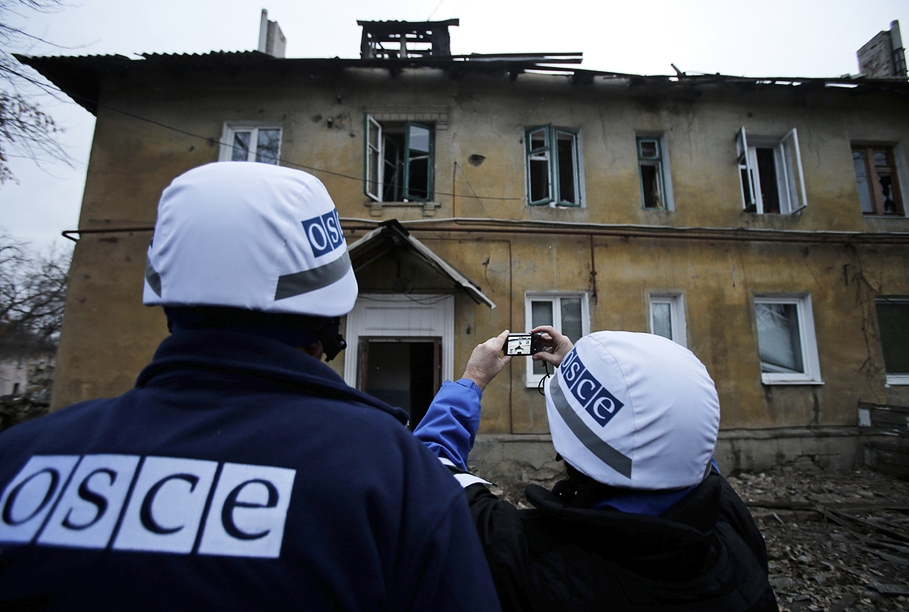"The OSCE participating states have a fundamentally divergent understanding of basic principles and values, which is evidenced by the illegal and illegitimate annexation of Ukraine by Russia, developments in the east of Ukraine, the state of affairs in the field of human rights and democracy, and the use of the media as a weapon in information warfare," the release said, without quoting Rinkēvičs directly.
The statement also said Rinkēvičs called for "all OSCE institutions" including the Office for Democratic Institutions and Human Rights (ODHIR), the Office of the OSCE Representative on Freedom of the Media and the OSCE High Commissioner on National Minorities to be strengthened. However there was no detail provided on how or when this should happen.
Foreign Minister @edgarsrinkevics in Potsdam: Ukraine is litmus test #OSCE effectiveness https://t.co/4tBktj4Gi4 pic.twitter.com/0VojMLprB4
— Latvian MFA (@Latvian_MFA) September 1, 2016
In a discussion on preparations ahead of the OSCE Ministerial Council meeting in Hamburg this December, Rinkēvičs emphasised that the debate should focus on ending Russia’s aggression against Ukraine and the full implementation of the Minsk agreements, the ministry reported.
The Organization for Security and Co-operation in Europe comprises 57 participating states. Germany holds the 2016 chairmanship of the OSCE.





























